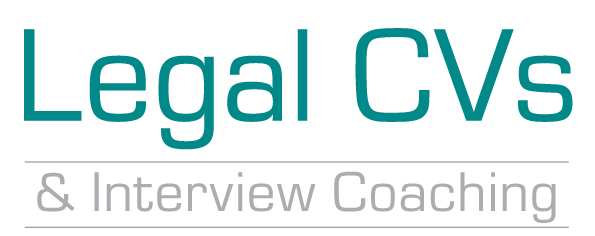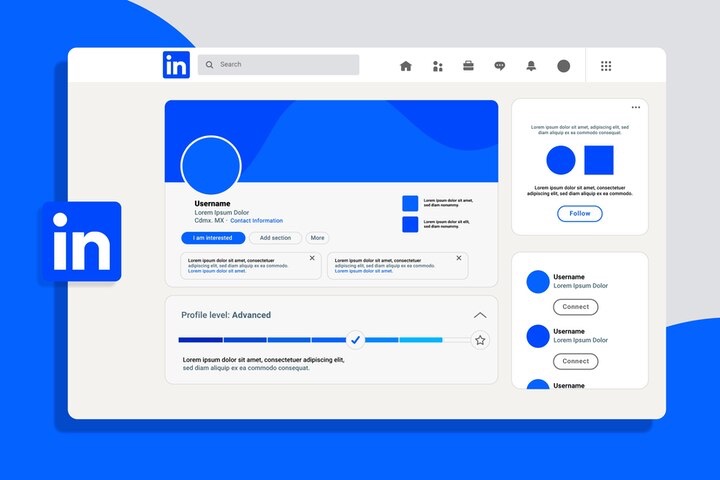LinkedIn has become an essential tool for professionals in all industries, including the legal field. With over 700 million users worldwide, LinkedIn offers a unique platform to connect with potential employers, showcase your skills and experience, and find job opportunities. In this blog post, we will discuss how to use LinkedIn effectively to aid your legal job search.
1. Optimise Your LinkedIn Profile
The first step in using LinkedIn for your legal job search is to create a compelling and professional profile. Ensure that your profile is complete, including a professional headshot, a concise and engaging summary, and a detailed description of your experience and skills. Use relevant keywords to optimise your profile for search engines and recruiters looking for legal professionals.
2. Build a Strong Network
One of the key benefits of LinkedIn is its networking capabilities. Connect with colleagues, classmates, professors, and other professionals in the legal industry. Join relevant groups and participate in discussions to expand your network further. Building a strong network on LinkedIn can increase your visibility and open doors to job opportunities.
3. Follow Legal Influencers and Companies
Stay updated with the latest trends and news in the legal industry by following influential legal professionals and companies on LinkedIn. This will not only keep you informed but also provide opportunities to engage with their content and establish yourself as a knowledgeable and engaged legal professional.
4. Engage with Content
Engaging with content on LinkedIn is a great way to showcase your expertise and build your personal brand. Like, comment, and share posts related to the legal field, and contribute valuable insights to discussions. This will help you establish yourself as an active and engaged member of the legal community.
5. Utilise LinkedIn Job Search Features
LinkedIn offers various job search features that can aid your legal job search. Use the advanced search option to narrow down job listings based on location, experience level, and other criteria. Save job searches and set up job alerts to receive notifications when new opportunities arise. Additionally, consider utilising the “Open to Work” feature to let recruiters know you are actively seeking job opportunities.
6. Showcase Your Skills and Achievements
LinkedIn allows you to highlight your skills, achievements, and projects through the “Skills & Endorsements” and “Projects” sections. Take advantage of these features to showcase your expertise and demonstrate your value to potential employers. Request endorsements from colleagues and supervisors to strengthen your profile’s credibility.
7. Request Recommendations
Recommendations from colleagues, supervisors, or clients can significantly enhance your LinkedIn profile. Reach out to individuals who can speak to your skills, work ethic, and achievements, and request a recommendation. These recommendations provide social proof of your abilities and can make a positive impression on potential employers.
8. Participate in Legal Groups and Discussions
LinkedIn groups focused on the legal industry provide a platform for professionals to connect, share insights, and discuss relevant topics. Join legal groups that align with your interests and actively participate in discussions. This will not only expand your network but also demonstrate your knowledge and passion for the legal field.
9. Research Potential Employers
LinkedIn is a valuable resource for researching potential employers. Follow the LinkedIn pages of law firms, legal departments, and other organisations you are interested in. Stay updated with their latest news, job postings, and company culture. This information will help you tailor your job applications and prepare for interviews.
10. Leverage LinkedIn Premium Features
Consider upgrading to LinkedIn Premium to access additional features that can aid your job search. Premium features include InMail, which allows you to message professionals outside of your network, and enhanced search filters. Evaluate the benefits of LinkedIn Premium based on your job search goals and budget.
In conclusion, LinkedIn is a powerful tool for legal professionals looking to advance their careers.
A lot of CV writing companies offer LinkedIn profile writing as part of their services, however I firmly believe that one can take the information from a CV written by a professional (in my case Legal CV) and transfer the text across to populate your LinkedIn profile.
A short free course on LinkedIn offered by the platform itself can help you quickly navigate and figure out where to put information.
The main difference is that LinkedIn is more personal than a CV, so use your CV in but in first person (all my Legal CVs are written in third person as per industry standards / norms).
If you would like a professionally written Legal CV that you can transport into a compelling LinkedIn profile, please do get in touch with me.


0 Comments